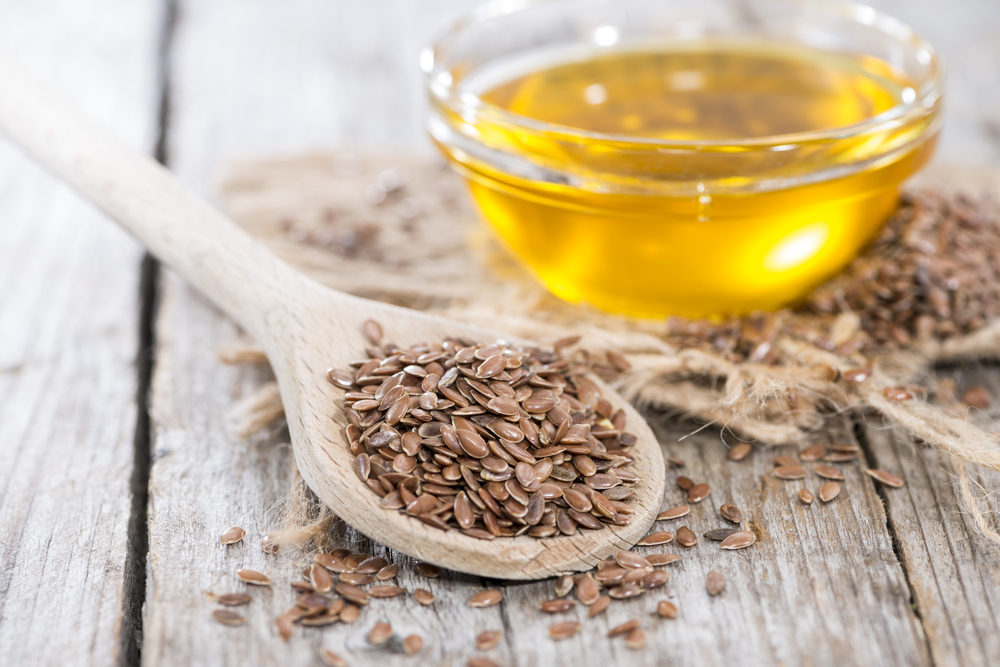The truth about seed oils that no one is telling you

In recent years, seed oils have become a hot topic in the health and wellness world. Social media is flooded with conflicting opinions, leaving consumers uncertain about their place in a balanced diet. While some claim these oils contribute to inflammation and chronic disease, others argue that they are a valuable source of essential fatty acids. The truth, as always, is more nuanced.
The process behind seed oil production
The production of seed oils involves a range of techniques, from traditional cold-pressing to modern industrial methods. While cold-pressed oils retain more natural compounds, refined versions undergo processes like bleaching and deodorization to improve shelf stability and taste. These methods ensure that the final product meets quality standards and remains safe for consumption.
Filtration and refining are often criticized, but they serve a purpose. Removing impurities enhances the oil’s stability, making it less prone to oxidation and rancidity. Some claim that these processes strip oils of their natural benefits, but research indicates that the essential fatty acids remain intact, ensuring their role in a well-rounded diet.
Breaking down the nutritional profile
Seed oils are primarily composed of polyunsaturated fats, including omega-6 fatty acids. These fats are essential for brain function, cell growth, and hormone production. However, concerns arise when omega-6 intake significantly outweighs omega-3 consumption, leading to an imbalanced ratio.
Modern diets often contain an excess of omega-6 due to the widespread use of seed oils in processed foods. This imbalance is linked to increased inflammation, which is why some health advocates suggest limiting consumption. However, the key lies in moderation and balancing omega-6 intake with omega-3 sources like fish, flaxseeds, and walnuts.
The role of seed oils in processed foods
One of the reasons seed oils have gained a negative reputation is their association with ultra-processed foods. Their affordability, neutral flavor, and stability make them ideal for large-scale food production. From salad dressings to packaged snacks, they are a common ingredient in everyday products.
While it is easy to blame seed oils for health issues, it is important to distinguish between the oils themselves and the processed foods that contain them. Diets high in ultra-processed foods often include excessive sugar, refined grains, and additives, all of which contribute to poor health outcomes. Instead of demonizing seed oils, a more balanced approach involves prioritizing whole foods and limiting processed options.
Understanding the impact on heart health
Much of the controversy surrounding seed oils centers on their effects on cardiovascular health. Some argue that these oils promote inflammation and oxidative stress, while others highlight their potential benefits in cholesterol management.
Research suggests that replacing saturated fats with polyunsaturated fats can lead to improved heart health markers. Studies indicate that diets incorporating moderate amounts of seed oils may help lower LDL cholesterol and support overall cardiovascular function. However, as with any dietary component, context matters. An otherwise poor diet cannot be improved simply by swapping fats, but a well-balanced approach that includes a variety of healthy fats can be beneficial.
Making informed choices about seed oil consumption
Rather than eliminating seed oils entirely, consumers can take a more mindful approach to their use. Cold-pressed varieties offer additional antioxidants and beneficial plant compounds, making them a preferable choice when available. Proper storage is also important, as exposure to light and heat can degrade oil quality over time.
When cooking, selecting the right oil for the intended purpose helps preserve its nutritional value. Some oils are better suited for high-heat cooking, while others should be used in dressings and marinades to maintain their health benefits. Ultimately, understanding how to incorporate these oils in a balanced diet is more important than avoiding them altogether.
The future of seed oils in nutrition
As research continues to evolve, so does our understanding of dietary fats. Scientists are exploring improved extraction methods and sustainable production practices to enhance both the nutritional value and environmental impact of seed oils.
Public perception may continue to shift as more information becomes available. Rather than focusing on fear-based narratives, a science-driven approach helps consumers make educated dietary choices. The key takeaway remains the same, no single food determines health, but an informed and balanced diet is the foundation of long-term well-being.


